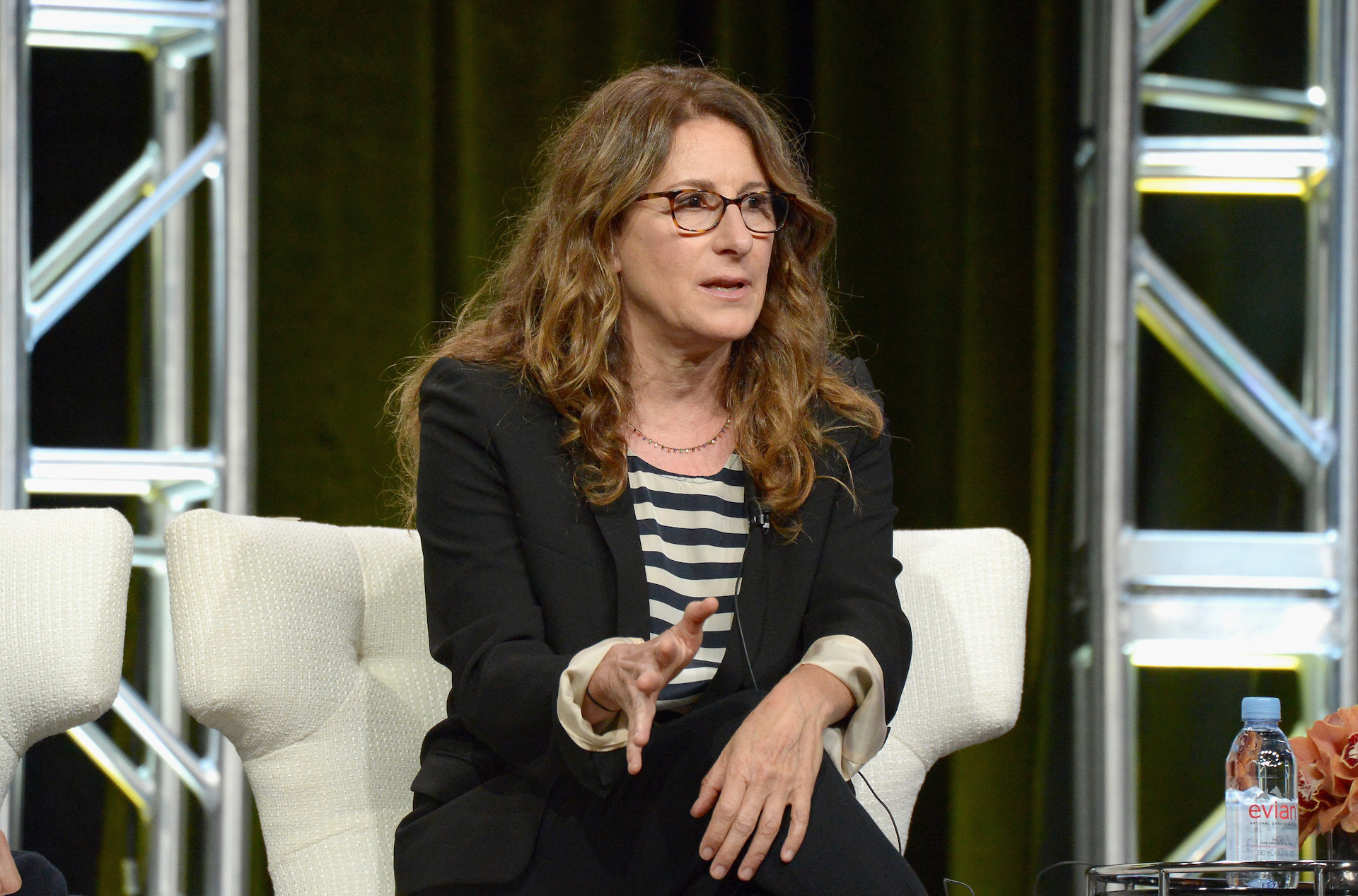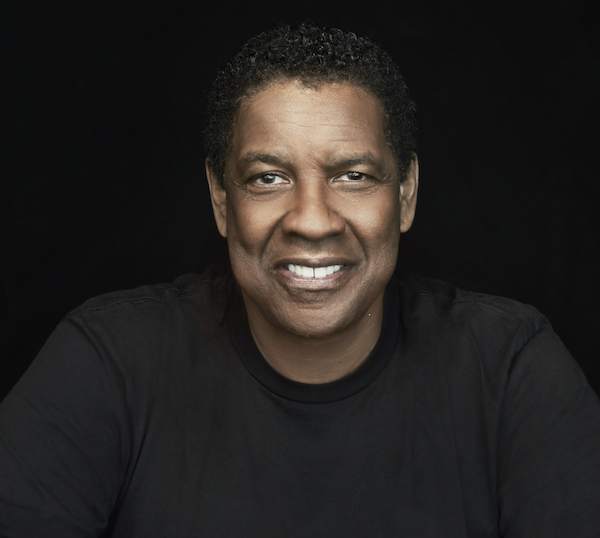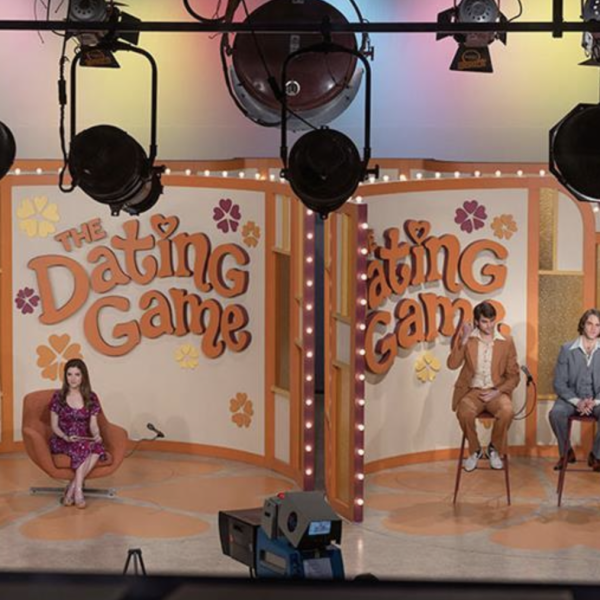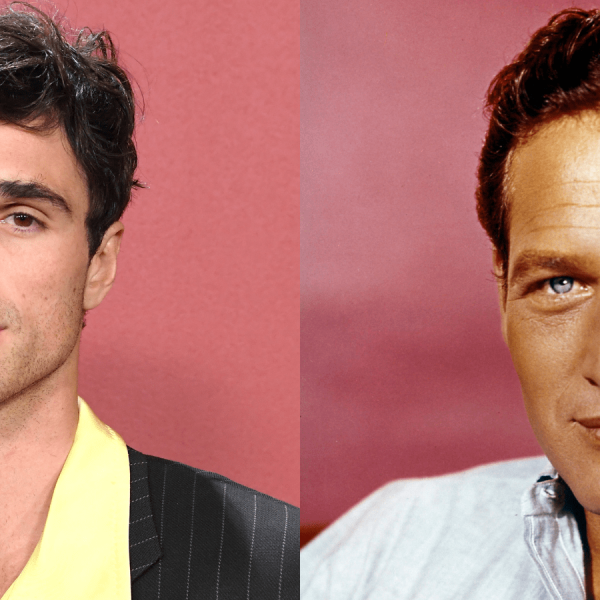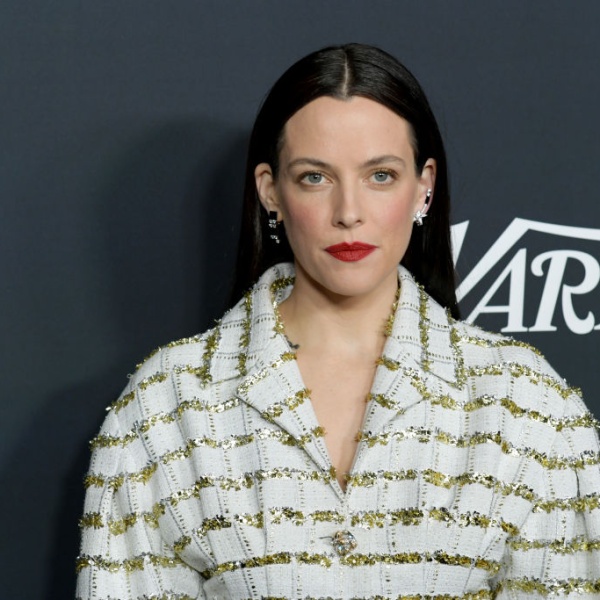Filmmaker Nicole Holofcener understands why women-focused film panels are still needed, due to the continued under-representation of women behind the camera — which she herself alluded to on just such a panel at the Nantucket Film Festival this past weekend — but she still hopes that the day will come when women-focused film panels can stop.
“I’m very grateful to be here,” Holofcener said during the panel, titled “Women Behind the Words,” and which also included Allison Williams and Michaela Watkins as fellow panelists. “And I’m very proud to be a woman, but I feel like that has to stop. We have to stop this. We’re just actors and writers and performers.”
Those remarks were prompted by the panel’s moderator, Ophira Eisenberg, saying that, in the industry, “There’s this feeling that you’re going to be judged first as a woman and second as a writer or director or artist.”
Holofcener later added, “It’s like, we wouldn’t say ‘Jews Behind the Words,’ right? That would be offensive.” (Holofcener herself is Jewish, as is Eisenberg, who immediately quipped about that panel title suggestion, “Maybe for Yom Kippur or something.”)
When asked about what gravity she feels regarding the representation of women onscreen, Holofcener said, “I don’t think like that because I would probably be paralyzed if I had that kind of feeling of responsibility. No, I’m just writing stuff that I enjoy and about characters that inspire me and interest me and I think are making a story good.”
Holofcener is sensitive to the dismissive ways with which women directors have been treated in the industry, though, recalling an incident in her life when a prominent industry insider told her to give up writing.
“I made a short film that was bad and we saw it and he said, ‘Maybe quit the directing thing.’ Or actually, ‘Do the directing thing, quit the writing.’ I could tell you his name. I mean, we remember these people for the rest of our lives,” she said. “And I was an usher or whatever at the New York Film Festival. So I was backstage with Jim Jarmusch, who was a huge inspiration to me and an idol, and I then went to him and I said, ‘Do you have any advice?’ And he said, ‘Don’t give up.’ That was it. And I didn’t.”
She does think there was a turning point regarding women-focused storytelling, however. “The moment that I feel like things really changed for women in entertainment was with the movie ‘Bridesmaids,’” she said. “And I remember sitting in the audience at [SXSW] and watching it with an audience and thinking, ‘This is going to be huge.’ And after that movie, the question of, ‘Can women be as funny as men?’ — which I got a lot — that question was eviscerated and nobody ever asked it again. And I don’t know why it was ever asked in the first place. It’s so stupid. But it was, a lot. But I think that movie, after that, it just stopped. Nobody asked that anymore.”
